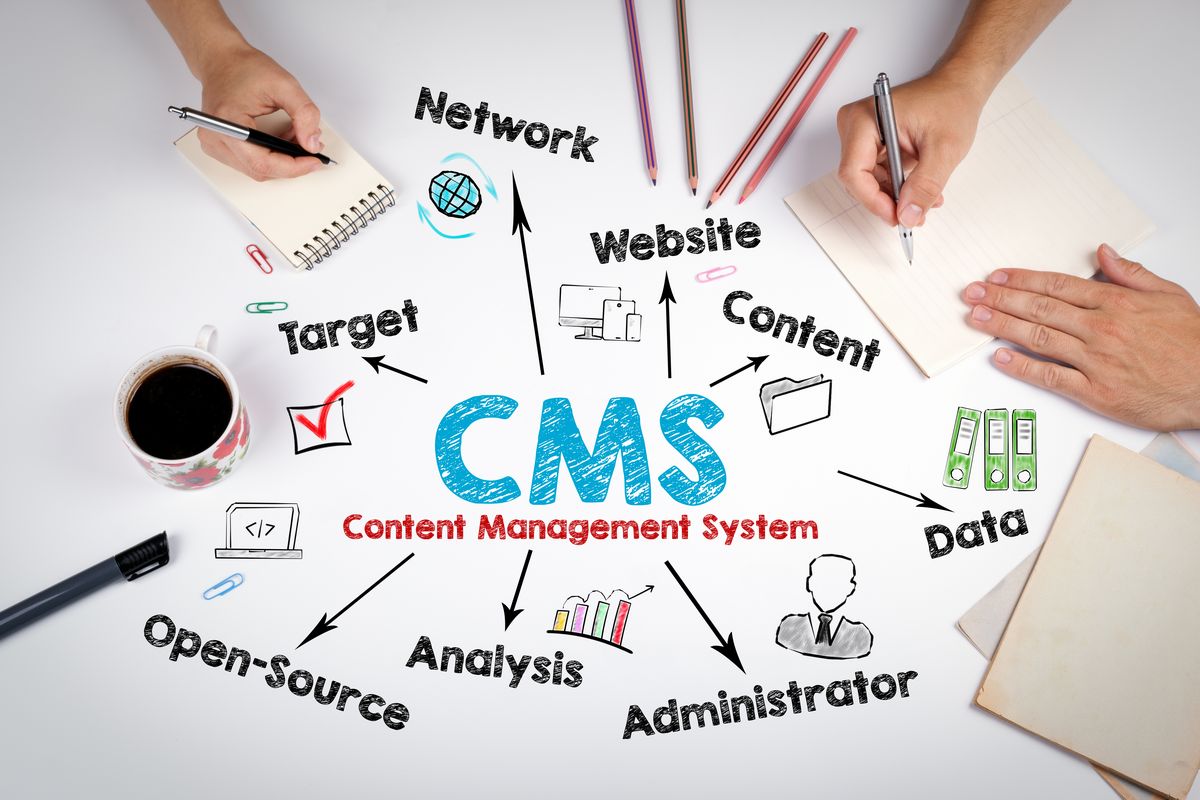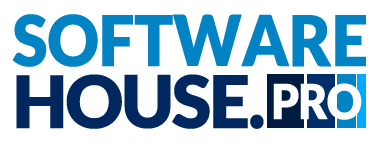Choosing the right Content Management System (CMS) for your website is a crucial decision that can significantly impact your online presence and business success. With the plethora of CMS options available in the market, it's essential to carefully evaluate and consider several factors to ensure you select the most suitable CMS for your specific needs. In this comprehensive guide, we will explore in-depth the ten key factors that you should consider when choosing a CMS for your website.
Scalability
Scalability is a critical factor to consider when selecting a CMS. As your business grows, your website's requirements may evolve, and you need a CMS that can accommodate this growth seamlessly. Ensure the CMS you choose provides robust scalability options, allowing you to add new features, expand your website's pages and content, and handle increased traffic without compromising performance.
Ease of Use
User-friendliness is paramount, especially if you plan to manage your website's content yourself. Look for a CMS with an intuitive and user-friendly interface that enables you to create, edit, and publish content without requiring extensive technical knowledge or coding skills. A CMS with a visual editor and a straightforward content management process will empower you to take control of your website effortlessly.
Customization Options
Every website has unique requirements and branding guidelines. It's crucial to choose a CMS that offers ample customization options to tailor your website's design, layout, and functionality to align with your brand identity and specific needs. Look for a CMS that provides a wide range of customizable themes, templates, and plugins, allowing you to create a visually appealing and highly functional website.

Security
Website security is a top priority to safeguard your data, protect user information, and maintain customer trust. When evaluating CMS options, consider their security features and track record in terms of vulnerabilities and timely security updates. Look for a CMS that offers robust security measures such as regular security patches, strong user authentication protocols, data encryption, and protection against common web threats.
SEO-Friendliness
Search Engine Optimization (SEO) is crucial for improving your website's visibility and driving organic traffic. A CMS that prioritizes SEO features can provide you with a competitive edge. Look for a CMS that allows you to optimize your content for search engines by providing features like customizable URLs, meta tags, XML sitemaps, and seamless integration with popular SEO plugins. An SEO-friendly CMS will help you climb the search engine rankings and attract more visitors to your website.
Mobile Responsiveness
With the exponential growth in mobile device usage, having a mobile-responsive website is no longer optional—it's essential. A mobile-responsive CMS ensures that your website adapts seamlessly to different screen sizes and devices, providing an optimal viewing and browsing experience for your visitors. Look for a CMS that offers responsive design options and allows you to preview and test your website's mobile responsiveness across various devices and browsers.
Support and Community
Having access to reliable support and an active community can be invaluable when using a CMS. Look for a CMS that provides comprehensive documentation, tutorials, and a vibrant user community where you can seek assistance, exchange ideas, and troubleshoot issues. Additionally, consider the availability of professional support services offered by the CMS provider, as prompt and efficient support can save you time and effort in resolving technical challenges.
Integration Capabilities
Consider the integration capabilities of the CMS with other tools and systems you use in your business. Whether it's integrating with your email marketing software, CRM, e-commerce platform, or third-party APIs, a CMS that offers seamless integration can streamline your workflows and enhance the overall efficiency of your website. Look for a CMS with a robust ecosystem of integrations or an extensible framework that allows for custom integrations.
Cost
Budget is a significant consideration for any business decision. Evaluate the cost of the CMS, including upfront licensing fees, ongoing maintenance and support costs, and any additional expenses for themes, plugins, or custom development. It's important to strike a balance between your budget and the features and capabilities offered by the CMS. Consider the long-term value the CMS can provide and the potential return on investment for your business.
Future Development and Updates
As technology advances and customer expectations evolve, your website needs to stay up-to-date with the latest trends and functionalities. Consider the track record of the CMS provider in terms of releasing regular updates, introducing new features, and adapting to emerging technologies. Choosing a CMS with a proactive development roadmap ensures that your website will remain relevant and adaptable to future changes.
Selecting the right CMS for your website requires careful consideration of various factors. By evaluating scalability, ease of use, customization options, security, SEO-friendliness, mobile responsiveness, support, integration capabilities, cost, and future development, you can make an informed choice that aligns with your business goals. Remember that your website is a vital tool for your online presence, and investing time and effort into selecting the right CMS will pay off in the long run.






